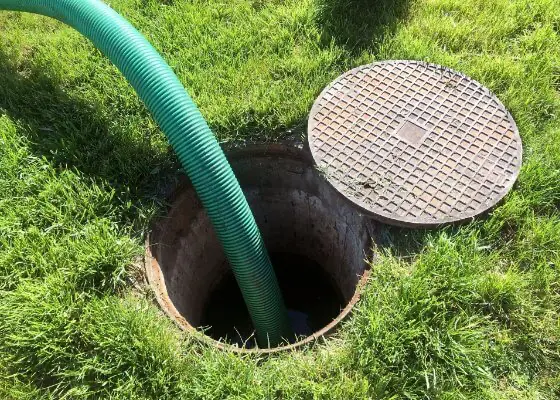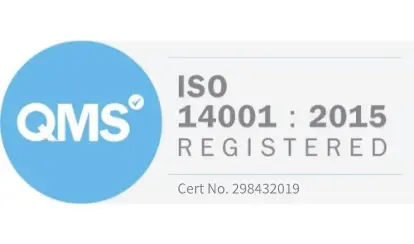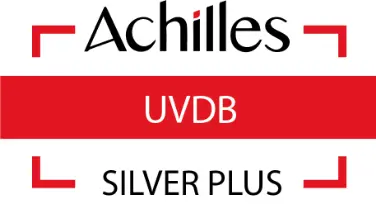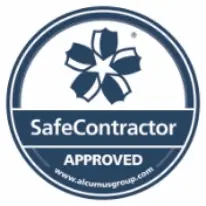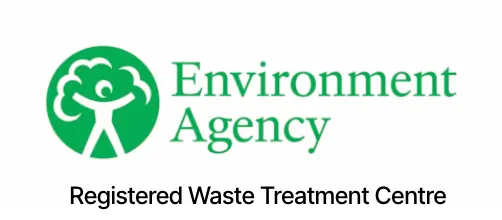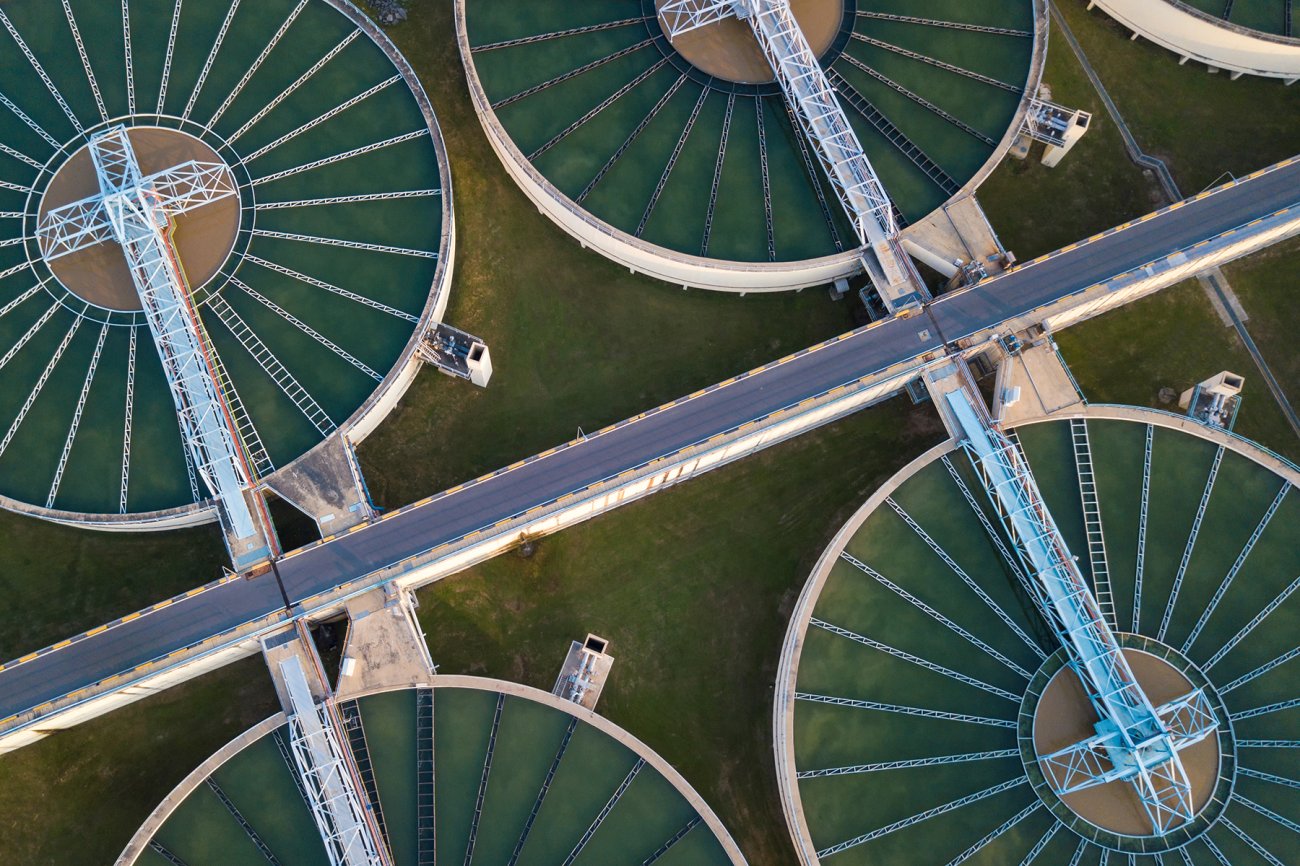
All forms of liquid waste need to be treated to ensure they meet the cleanest standards before being discharged into the watercourse. This commercial liquid waste could come from a wide range of sources, including:
- Sewage
- Dairy washings
- Brewery waste
- Leachate
- Contaminated ponds
- Oil
- Grease
- Ink washings
- Petroleum products
Different types of commercial waste need to be treated in different ways. For example, a commercial sewage treatment plant will perform differently compared to a treatment plant that processes petroleum waste.
It is essential to send your waste to the correct treatment plant for the type of liquid waste you have produced. If you send your waste to the wrong type of treatment plant, it can either damage the treatment plant and/or not get treated properly.
What Happens to Household Sewage?
The sewage from your house runs through the pipes/sewers to a commercial sewage treatment plant. However, if you live in a more rural area, it will go to a septic tank near your house. This septic tank will then need to be emptied once a year, and the sewage should be taken to a commercial sewage treatment plant in a tanker lorry. This ensures that no sewage is discharged into the watercourse without being thoroughly treated first.
When the sewage arrives at the treatment plant, it passes through a variety of treatment techniques. One of the first processes is to pass all the sewage through screens that act like sieves. This removes larger articles of waste, including unwanted clothing, tampons, sanitary towels, etc. After this, there are various stages that help filter, treat, and clean the water, resulting in incredibly pure water.
Why Are Water Companies Discharging Raw Sewage into Britain’s Rivers?
Commercial sewage treatment plants have a capacity beyond which they no longer work. They can only process a certain amount of waste in a given time frame. This means that when it rains heavily, there is a risk that sewage will back up into people’s houses because the sewage treatment plant doesn’t have the capacity to take in more waste.
In this scenario, sewage treatment plants are permitted to release untreated wastewater into the watercourse to prevent the whole system from becoming overloaded, which would lead to further problems. This action is only undertaken when considered absolutely necessary to preserve the stability of the overall sewage system.
What Does the Andersons Waste Treatment Plant Do?
At Andersons Liquid Waste Treatment, we have a de-watering plant that effectively separates solids from liquids. We are only permitted to take in certain waste streams.
If the nature of the waste falls outside of our permit, we take the waste directly to the nearest commercial sewage treatment plant. This prevents contamination of our de-watering plant.
All the waste that we take in eventually goes to the water company’s commercial treatment plant (either by sewer or by tanker), where it passes through the same technologies and processes as conventional household waste.

